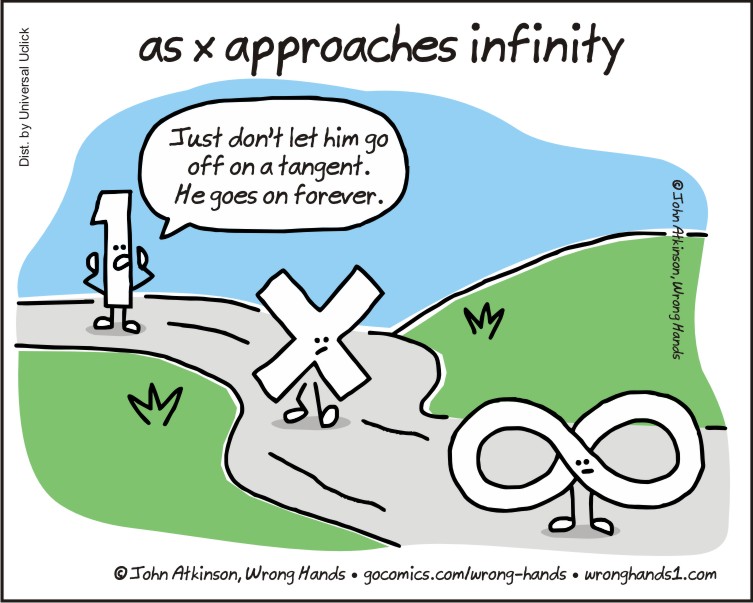Reflections on Temporarily
The "A Bifurcation called 2016" video by Mihai Nadin provoked a #Comment on time:
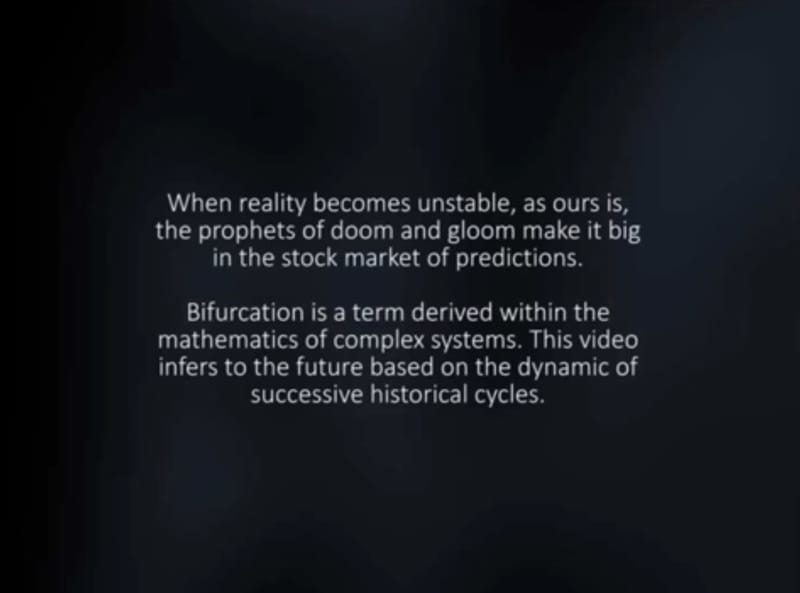
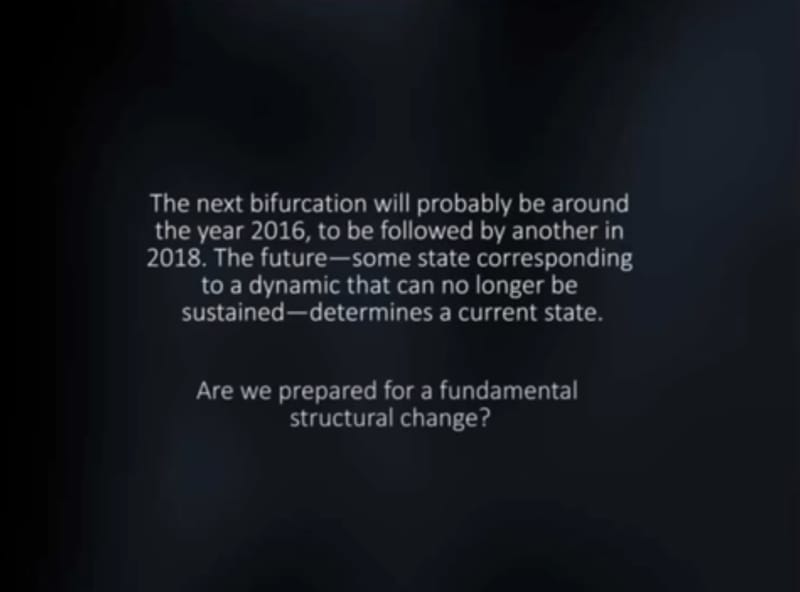
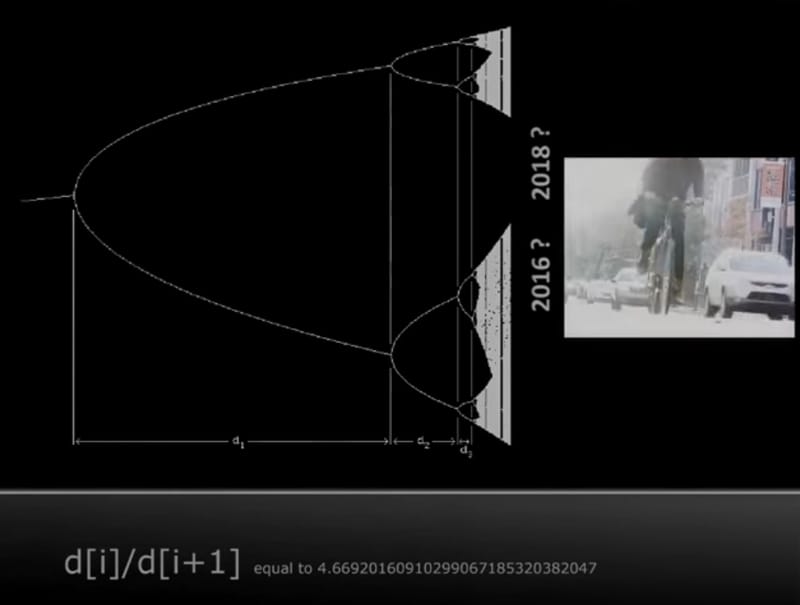
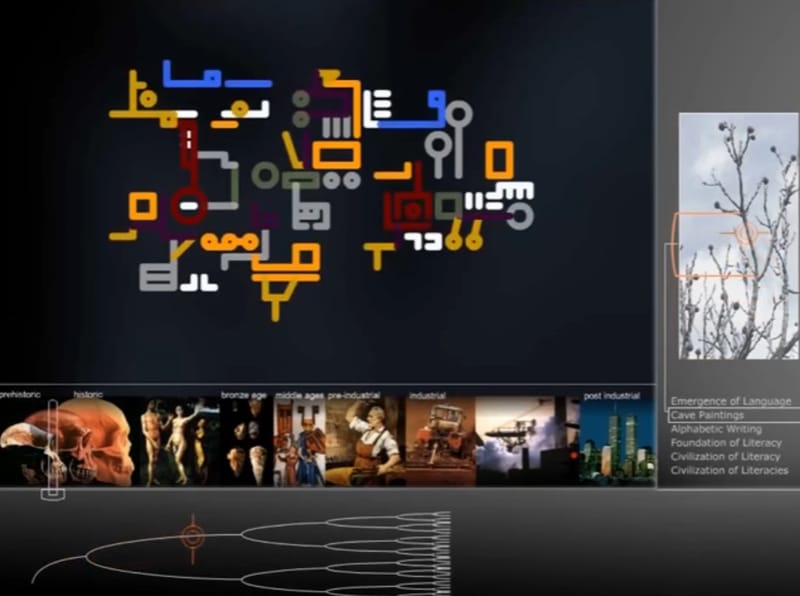
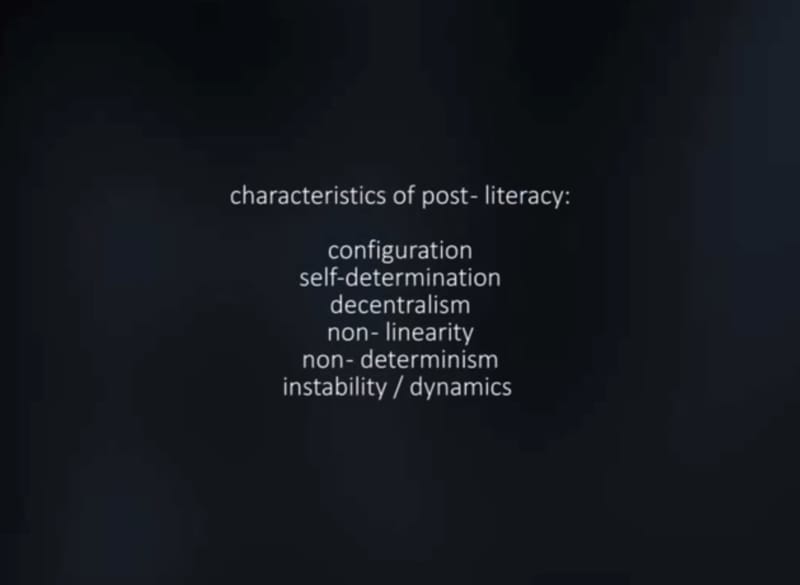
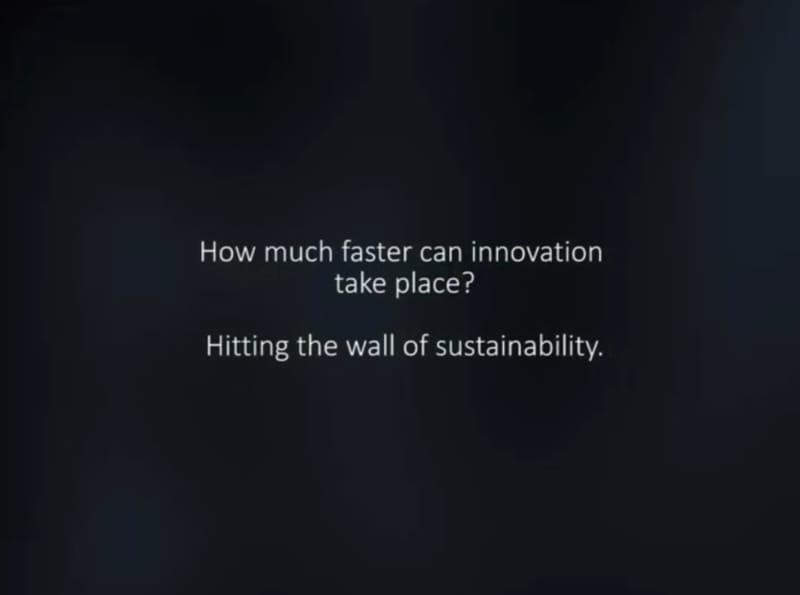
Mihai Nadin's entertaining 'bifurcation' model/theory is somewhat related to Terence McKenna's "Timewave Zero". I find it peculiar, that in all such "models of accelerating time/change" the critical singularity event is predicted to happen ("accidentally / conveniently") presciently during the life-time (or end of life, akin to the christian "armageddon") of the person stating the theory. Temporarily is the ultimate magic trick: As scientifically/objectively hardly approachable, it firmly is in the domain of the political, subjective and comedic. Paul Virilio's essay "Speed And Politics" on "Dromology" is an interesting read in this context. Within infinity, the distance from contemporary complex "Theories of Change" to ancient "Book of Changes" (I Ching) , is the same as the square root of negative one: Imaginary.
Terence McKenna - Timewave Zero:
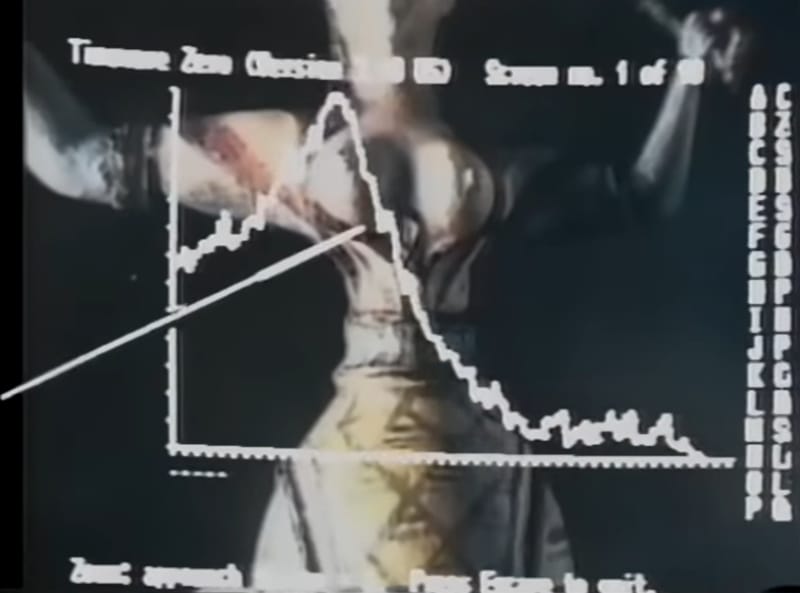
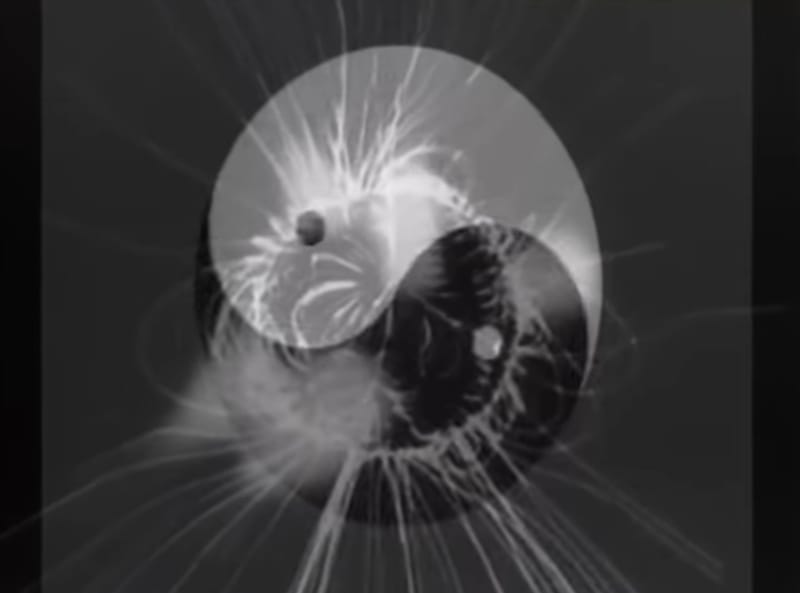
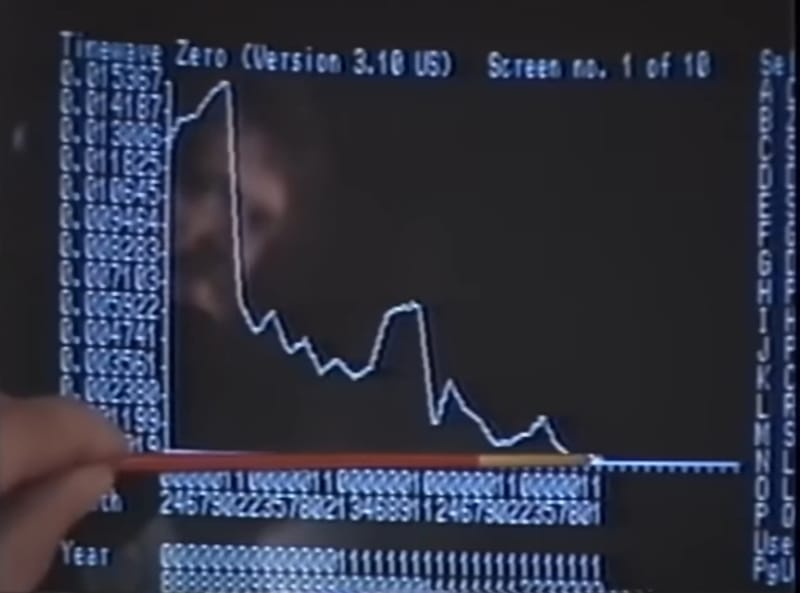
A far more pronounced example of the "acceleration fallacy" (almost bordering on the brute-force senseless & pointless speed-cult of Ray Kurzweil & co.) can be found in the following talk:
"Sense-Making in our Post AlphaGo World" - by John Seely Brown
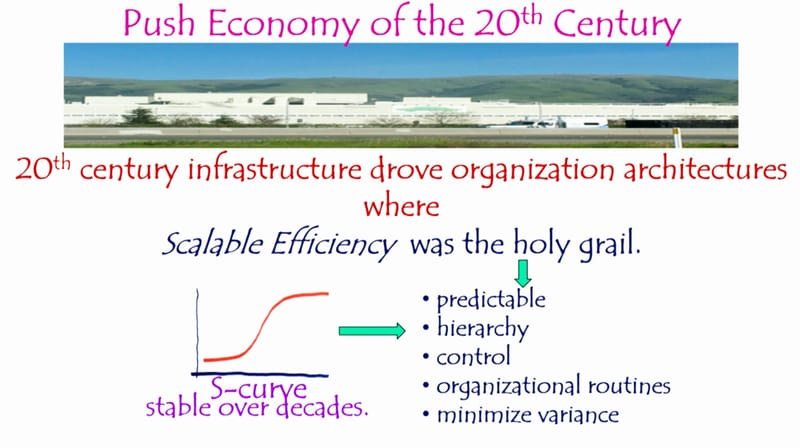
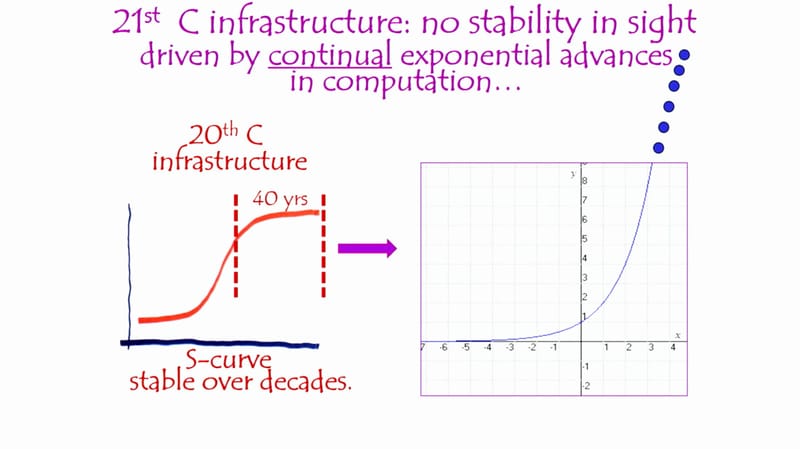
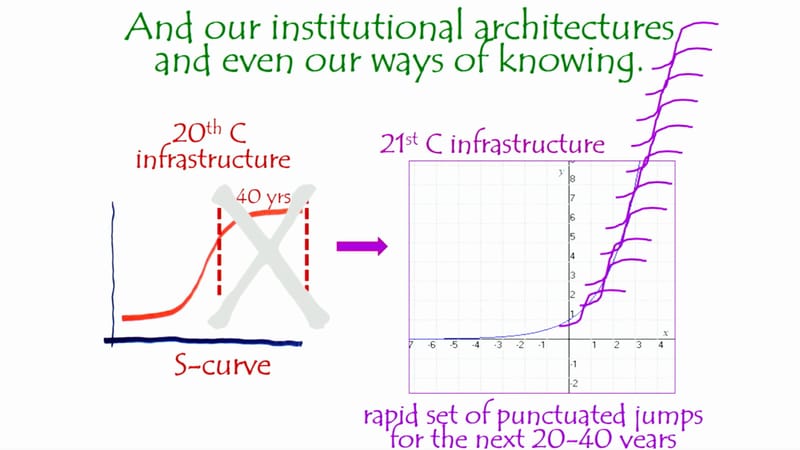
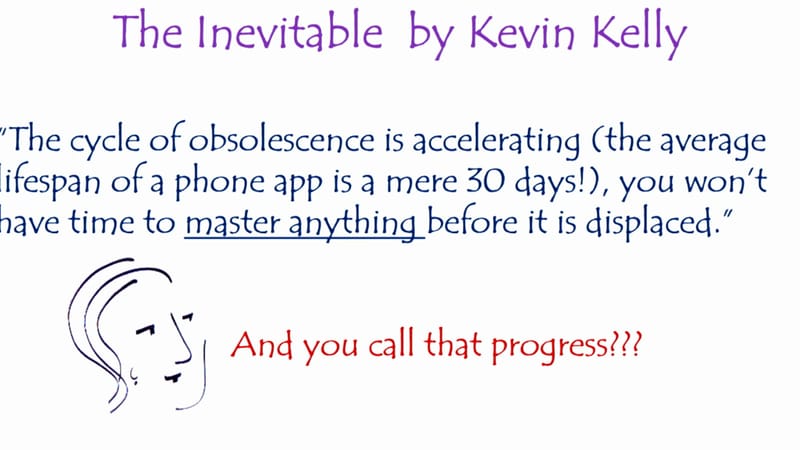
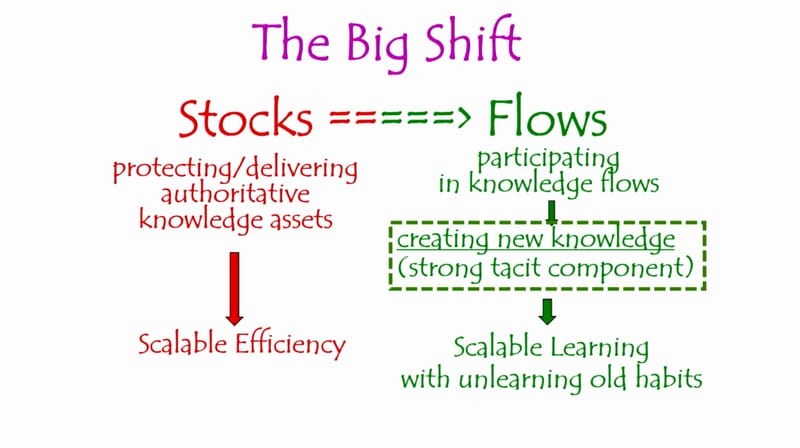
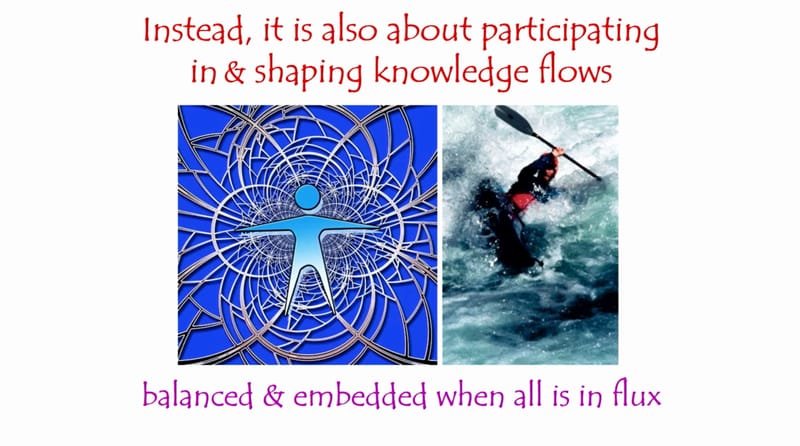
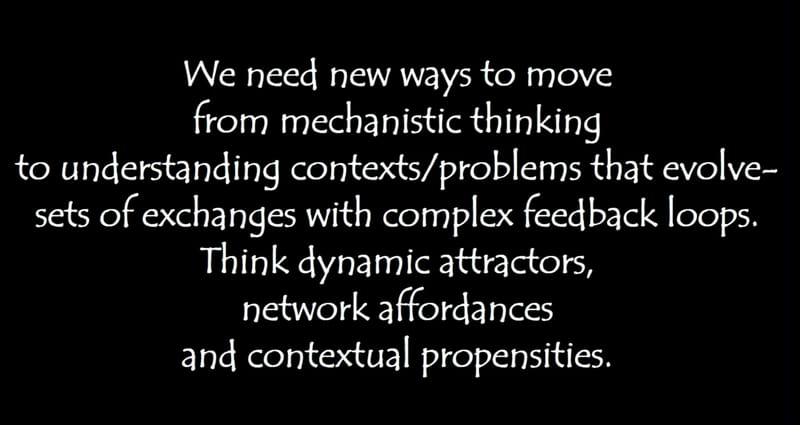
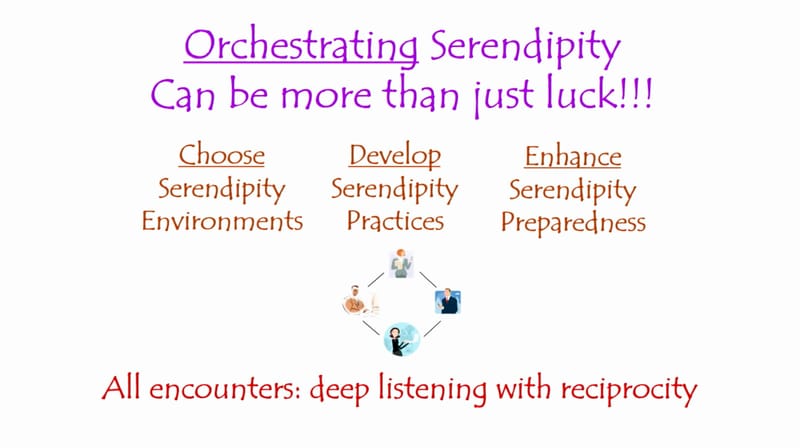
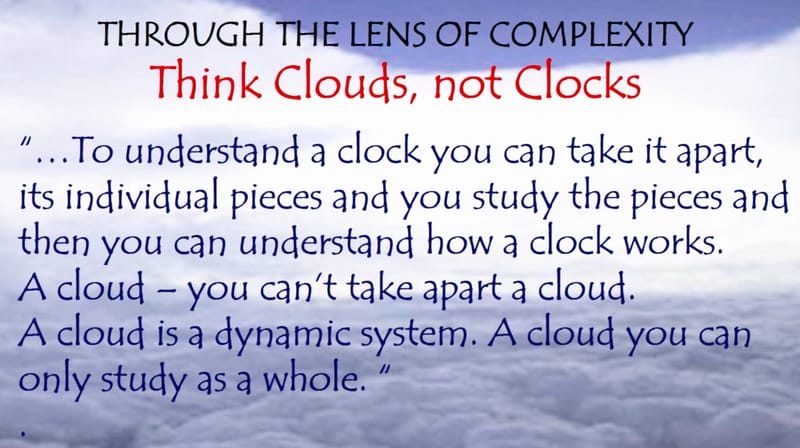
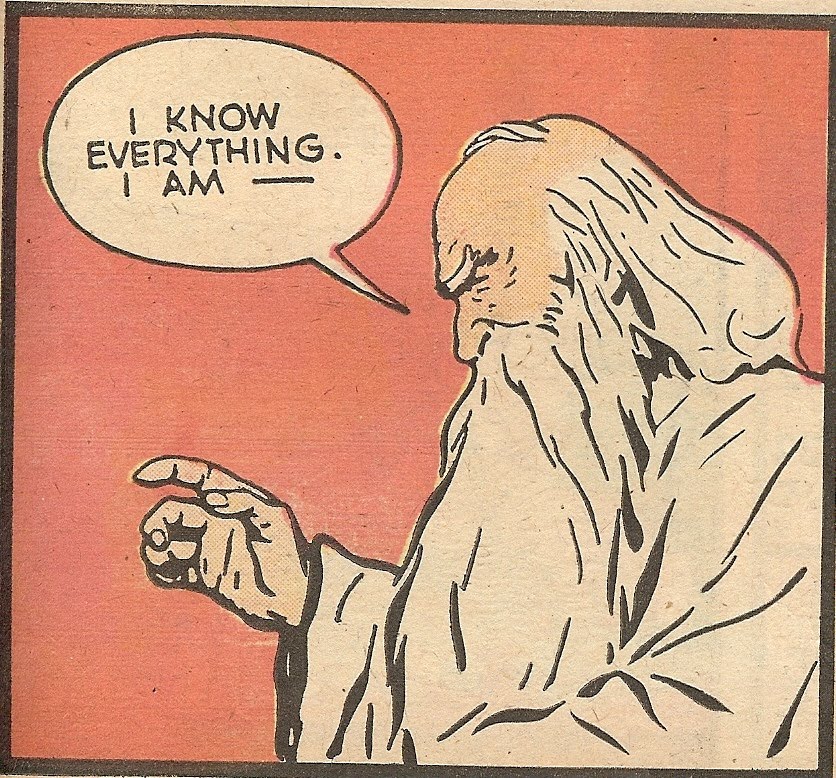
Directional/Qualitative/Evolutionary views on temporarily are very wide spread. See the following on A.E.Whitehead's views:
"He then observes that the mark of higher forms of life is that they are actively engaged in modifying their environment, an activity which he theorizes is directed toward the three-fold goal of living, living well, and living better. In other words, Whitehead sees life as directed toward the purpose of increasing its own satisfaction. Without such a goal, he sees the rise of life as totally unintelligible.
"
The root of such "models of accelerating/progressing time/change" is essentially the illusive notion of the Afterlife (in Christianity, Islam, etc.), Enlightenment (in Buddhism, etc.) or more generally "the other" which "we are racing towards". It is truly peculiar, how this narrative tempted and confused thinkers across all ages, right up to the present day (the cult of optimization and objective functions in artificial intelligence, etc.). Isaac Asimov's "The Last Question" short story eloquently explores the nonsensical nature of of such narratives.

Interesting alternative perspective on temporarily ("non-directional", "static", etc.) can be found in Japanese Shintoism or Soto Zen, where practitioners do not actively seek Enlightenment, but rather seek to fully experience every moment; that is, to be acutely aware of every action in the here and now. As Zen Master Taisen Deshimaru once said, "Zazen has no object, it is purposeless, it only brings us back to ourselves." One doesn't need to worry about Satori. Or in other words: Stop trying to understand. There is nothing to compute. There is nothing to discover. This is it, here and now.
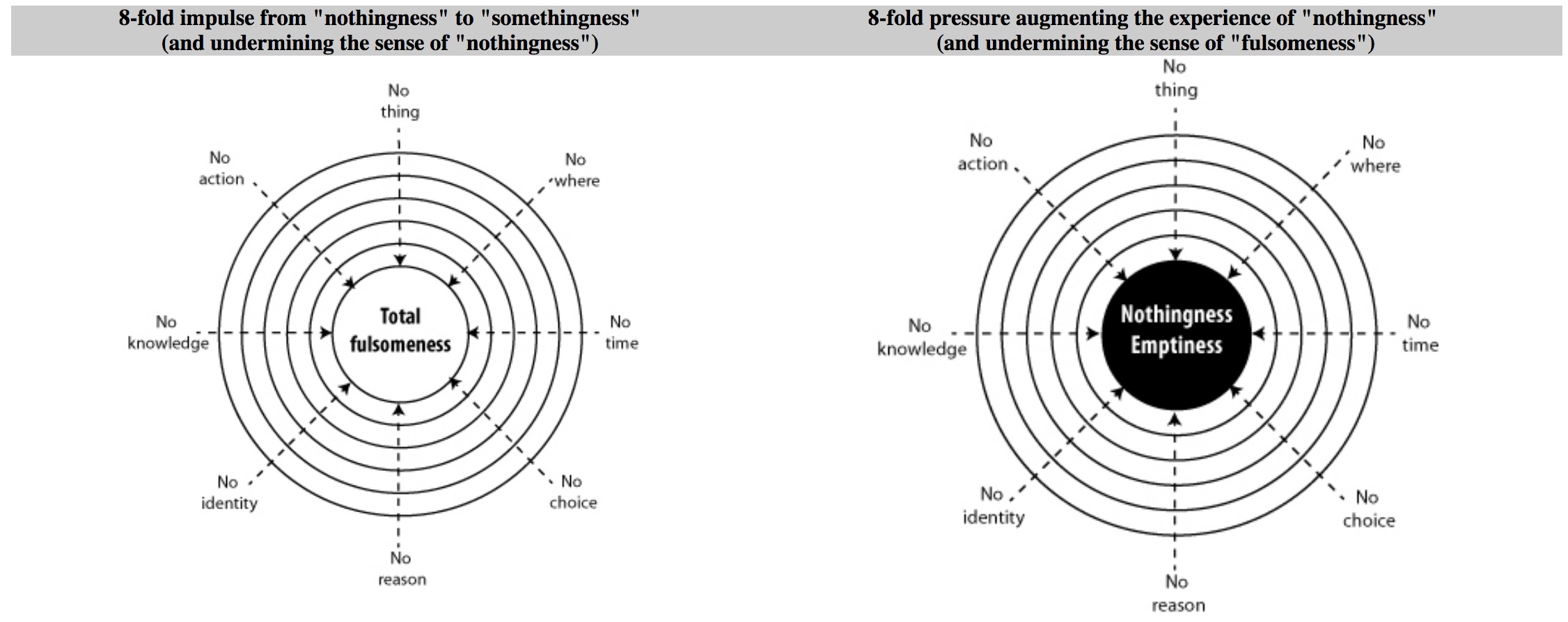
Finally, consider the following quote for a perhaps more relaxed and fun perspective on temporarily:
“In conclusion, there is no conclusion. Things will go on as they always have, getting weirder all the time.” ― Robert Anton Wilson

